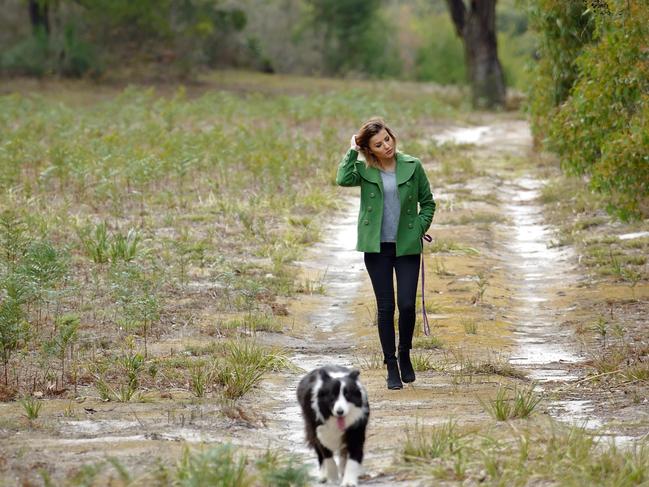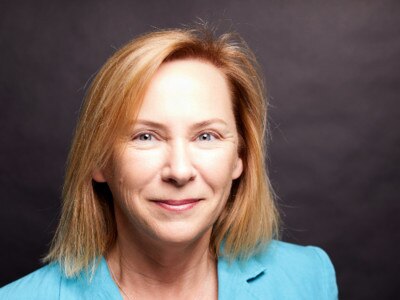How you can beat loneliness, one step at a time
With the coronavirus pandemic disrupting our lives in ways nobody has experienced or ever foresaw, this simple act could be your saviour.

Opinion
Don't miss out on the headlines from Opinion. Followed categories will be added to My News.
It is something we all do without really thinking, but the benefits of walking are profound and long lasting.
And, with the coronavirus pandemic disrupting our lives in ways nobody has experienced or ever foresaw, the simple act of putting one foot in front of the other has taken on heightened importance – both for personal wellbeing, and society at large.
Many of us will know what it is like to feel alone and socially isolated at times. I have experienced social isolation a few times in my life, with the birth of a baby, the loss of a job, or the death of a friend or family member. Like millions of other Australians, since COVID-19 I have felt it when social distancing forced me to work from home. Walking was my saviour. It got me outside each day.

Being greeted by a local or having someone say hello during a walk doesn’t sound like much, but when you are feeling disconnected or lonely this social contact can mean a lot. Walking could be one of the best safeguards to help people who are feeling socially isolated.
It’s free, doesn’t require any equipment and is accessible to people of all ages. Health professionals have long recognised the healing power of walking. Concerns for mental health have been acknowledged by governments, with more funding being announced for services and support. Some of that funding should be used for prevention as well as treatment, with some investment to be allocated to walking and better walking environments.
Walking is the most popular form of recreational activity in Queensland and many people choose walking as their preferred form of physical activity.
But while it is as easy as stepping outside and strolling down the street, there can be obstacles. A lack of infrastructure (substandard footpaths and lighting, for instance) can be a deterrent.

The investment in walking on a local level doesn’t seem to match the popularity or need for walkable environments. A 2018 Victorian study found every $1 spent on walking benefits the community by $13. A terrific return on investment in anyone’s books. Besides, better walking environments can also lead to reduced pollution, improved local economies and encourage healthier habits in our children.
If you would like to see greater investment in walking, there are some simple steps you can take to help:
Raise concerns about how walkable your local area is with your council or your local MP. Notify council of problems or hazards on footpaths.
Register for Queensland Walks Walk Week to highlight the importance of walking. Join Queensland Walks as a friend or member.
We are all walkers in some shape or form.
Michelle Wade is president of Queensland Walks. Walk Week starts on August 17.
Get involved at https://queenslandwalks.org.au/
